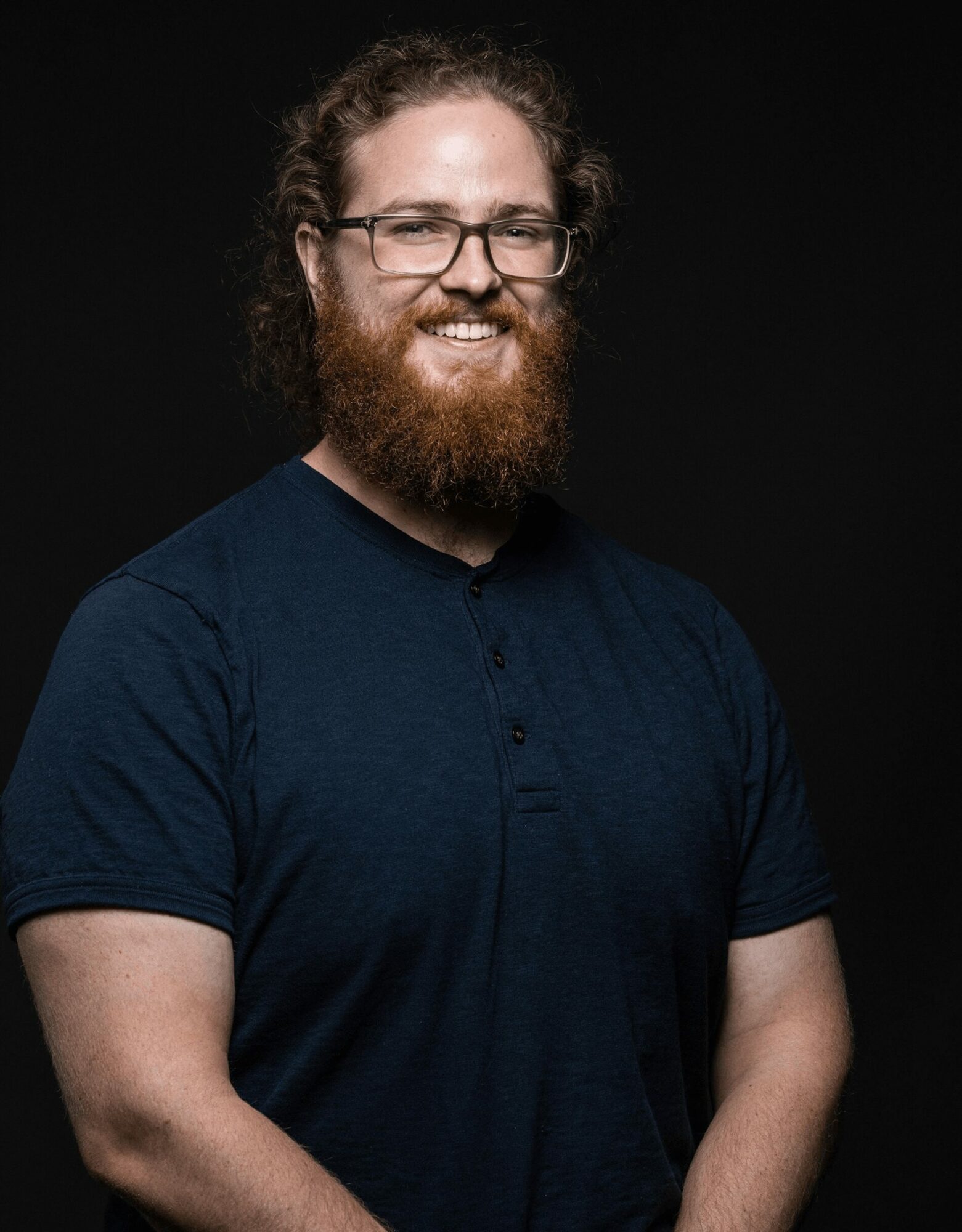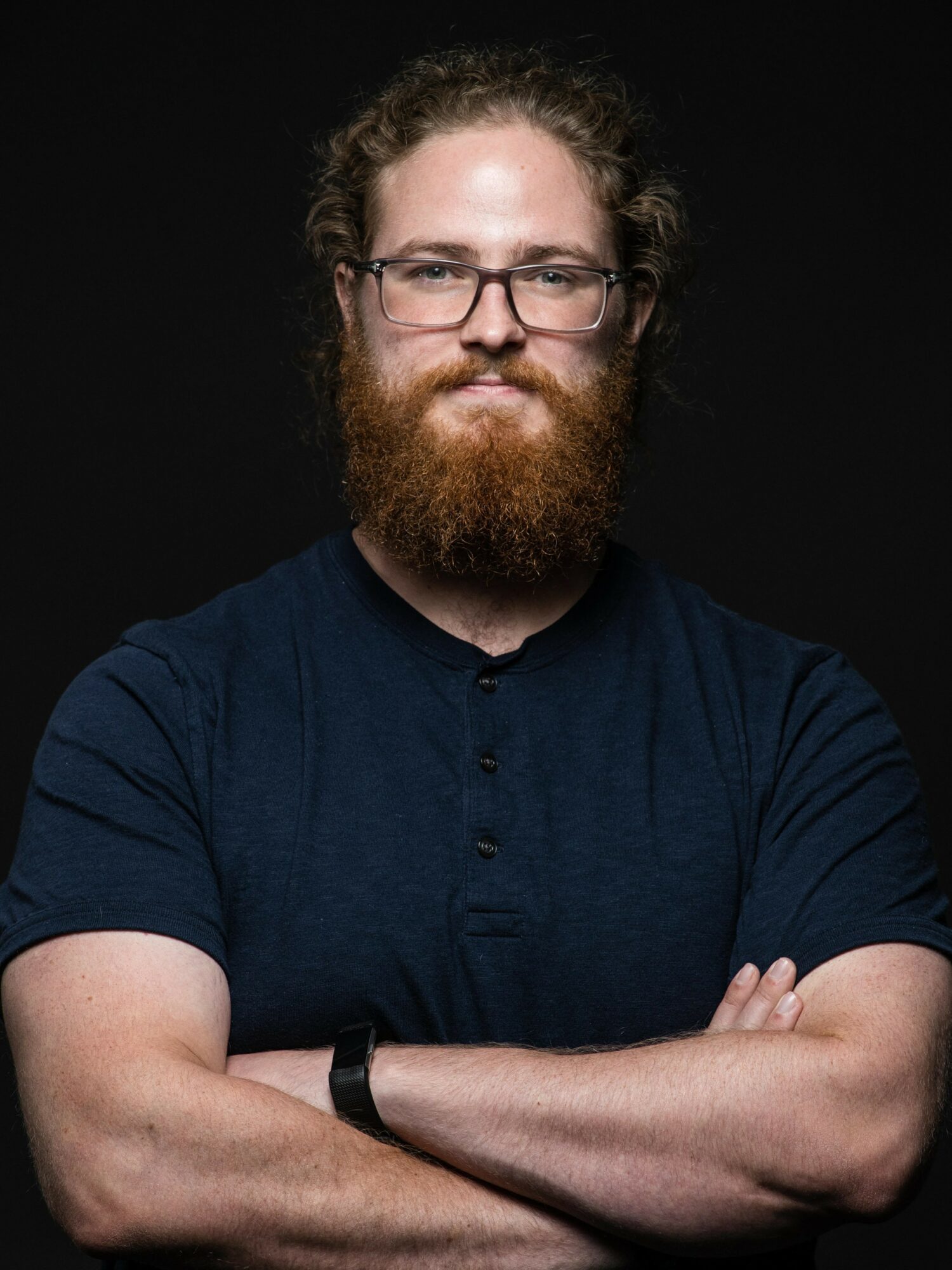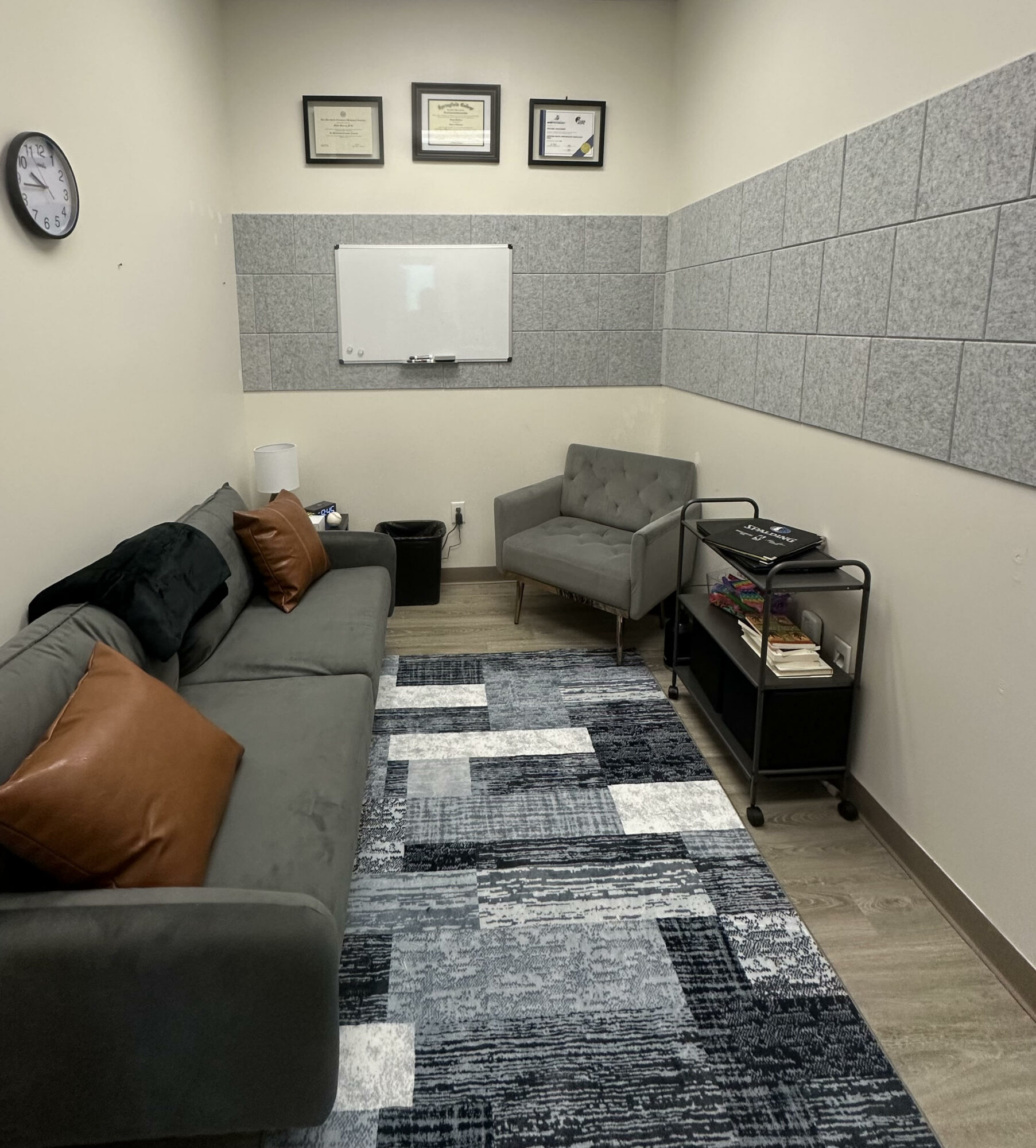

Today we’d like to introduce you to Mike MacCrory.
Hi Mike, can you start by introducing yourself? We’d love to learn more about how you got to where you are today?
My journey began at TCU where I played offensive line from 2012 to 2016. We had a couple of exceptional seasons where we finished ranked as a top 10 team in the country. I played with several future NFL athletes but I knew my transition out of football was coming sooner than my peers. That awareness pushed me to figure out what to do in life after football. I was originally an education major in college but found myself drawn to the mental side of sport performance. When I discovered that TCU offered one of the few undergraduate programs in sport psychology something clicked. Studying sport psychology while being a college athlete gave me a first hand experience of the connection between mental aspects of the game and performance. It helped me navigate my transition away from being an athlete and it launched the career that I have today.
After graduation, I moved to Springfield, MA to pursue a master’s in Athletic Counseling at Springfield College which has a reputation for being a hands-on learning experience. I was able to work with college student athletes playing a variety of sports, junior league hockey players, US olympic development soccer players, and athletes recovering from injury. Those experiences taught me how to translate the sport psychology theory I had learned at TCU into meaningful support. I learned how to support athletes through life transitions, their athletic identity, and helping them make sense of what their challenges meant to them.
The combination of my athletic background, clinical training, and early field experience led to me being hired by the Dallas Mavericks to work under the Director of Sport Psychology and Mental Health Don Kalkstein. With the Mavs I was involved with their NBA draft process, supporting their G League team, the Texas Legends, and worked closely with their esports team Mavs Gaming during the first two seasons of the NBA 2K league. Working at that level gave me a deep understanding of the pressures professional athletes face and how mental performance support can make an impact.
My time with the Mavs introduced me to how quickly the world of esports was growing which led me to join Envy Gaming. Envy is a Dallas based organization that has competed in titles such as Overwatch, Call of Duty, Valorant, Counter Strike, Rocket League, and Super Smash Bros. It was exciting to apply sport psychology principles to athletes in an entirely different competitive space. Yet the more I grew professionally, the more I felt drawn toward building something of my own. I dreamed of a private practice where I could work closely with athletes and individuals on a personal level and over time that dream has become a reality.
I’m sure it wasn’t obstacle-free, but would you say the journey has been fairly smooth so far?
Like many therapists, my greatest strength has always been my clinical work. I owe much of my clinical strength to my mentors from graduate school and from my time working under Don Kalkstein with the Dallas Mavericks. But while I had guidance on becoming a strong clinician, I didn’t have a roadmap for becoming a business owner. My path into private practice was uncharted territory.
When I first started out, I didn’t know anyone doing exactly what I wanted to do by blending clinical mental health counseling with sport and performance psychology in a private practice setting. That uniqueness has always been a point of pride, but it also came with the challenge of having no clear path forged before me. Much of what I’ve learned about building and managing a practice came through teaching myself, being persistent, and a lot of trial and error. There were moments when staying motivated was hard, but those times also taught me how to trust my own instincts and think creatively about growth.
Another major challenge has been visibility of my practice. Helping athletes and families understand that counseling support tailored specifically to athletes even exists. The DFW metroplex is full of talented athletes, but many don’t realize that working with a counselor who understands athletic issues is an option for them. I’ve often heard from clients or parents that they didn’t know where to look, or that it took a long time to find someone who was the right fit. My goal is to change the conversation around mental health in sport. I want athletes to know that seeking support isn’t a weakness, but a key part of achieving long term success and well being.
Thanks for sharing that. So, maybe next you can tell us a bit more about your business?
To best support the athletes I work with, I earned the Certified Mental Performance Consultant (CMPC) credential through the Association for Applied Sport Psychology. This certification requires graduate level education in eight knowledge areas, 400 hours of mentored experience, and passing a comprehensive exam. This is the only nationally accredited certification in mental performance in the U.S. and Canada. Combined with my background as a DI athlete, advanced education in sport psychology, professional experience with organizations like the Dallas Mavericks and Envy gaming, I’ve worked hard to become someone athletes can trust with both their performance and personal challenges.
When I began my career my focus was exclusively on athletes but over time my work has expanded in a meaningful way. As a male counselor, I’ve naturally become a trusted resource for men and boys of all ages regardless of if they play a sport. I’ve supported clients as young as 6 and as old as 50. I’ve observed how many men struggle with their emotions, burying their problems, or finding their purpose. I believe that early intervention can make a lifelong difference, but no matter when a client decides to seek support I’m happy to be walking with them.
I’m deeply committed to ongoing learning and growth as a clinician. In recent years, I’ve expanded my practice to include play therapy allowing me to support children as young as six. I plan to pursue the Registered Play Therapist (RPT) credential to continue strengthening my work with young clients. In May of 2025, I also completed basic training in Eye Movement Desensitization and Reprocessing (EMDR) therapy, a powerful approach that helps clients move past traumatic experiences that they feel stuck in.
What distinguishes my approach is how I integrate mental performance, clinical insight, and understanding the wide range of issues people face. Whether working with a professional athlete, a man searching for purpose, or a child just learning to understand their emotions, my approach remains the same. I aim to provide practical, evidence based, and individualized support that helps people perform and live at their best.
Do you have any advice for those just starting out?
There is no one way to be successful in private practice. What works well for one person might not work for another and that’s okay. The key is to find an approach that feels sustainable and consistent for you.
In graduate school we learn how to be clinicians but not necessarily business owners. Starting a private practice can feel intimidating at first because it requires learning an entirely new skill set. Many people in our field acknowledge how challenging it can be to build something from the ground up, but it’s absolutely an attainable goal.
For anyone just beginning the journey, I’d recommend surrounding yourself with like minded professionals who are at a similar stage in their growth. Having peers who understand the same challenges you’re facing can make a huge difference. You’ll learn from each other, hold each other accountable, and celebrate small wins along the way. Building a practice takes patience and persistence but if you stay connected to your values and keep learning the growth will come naturally.
Contact Info:
- Website: https://www.macmentalskills.com
- Instagram: https://www.instagram.com/macmentalskills/
- Facebook: https://www.facebook.com/macmentalskills
- Twitter: https://x.com/MacMentalSkills
- Other: https://michael-maccrory.clientsecure.me/













